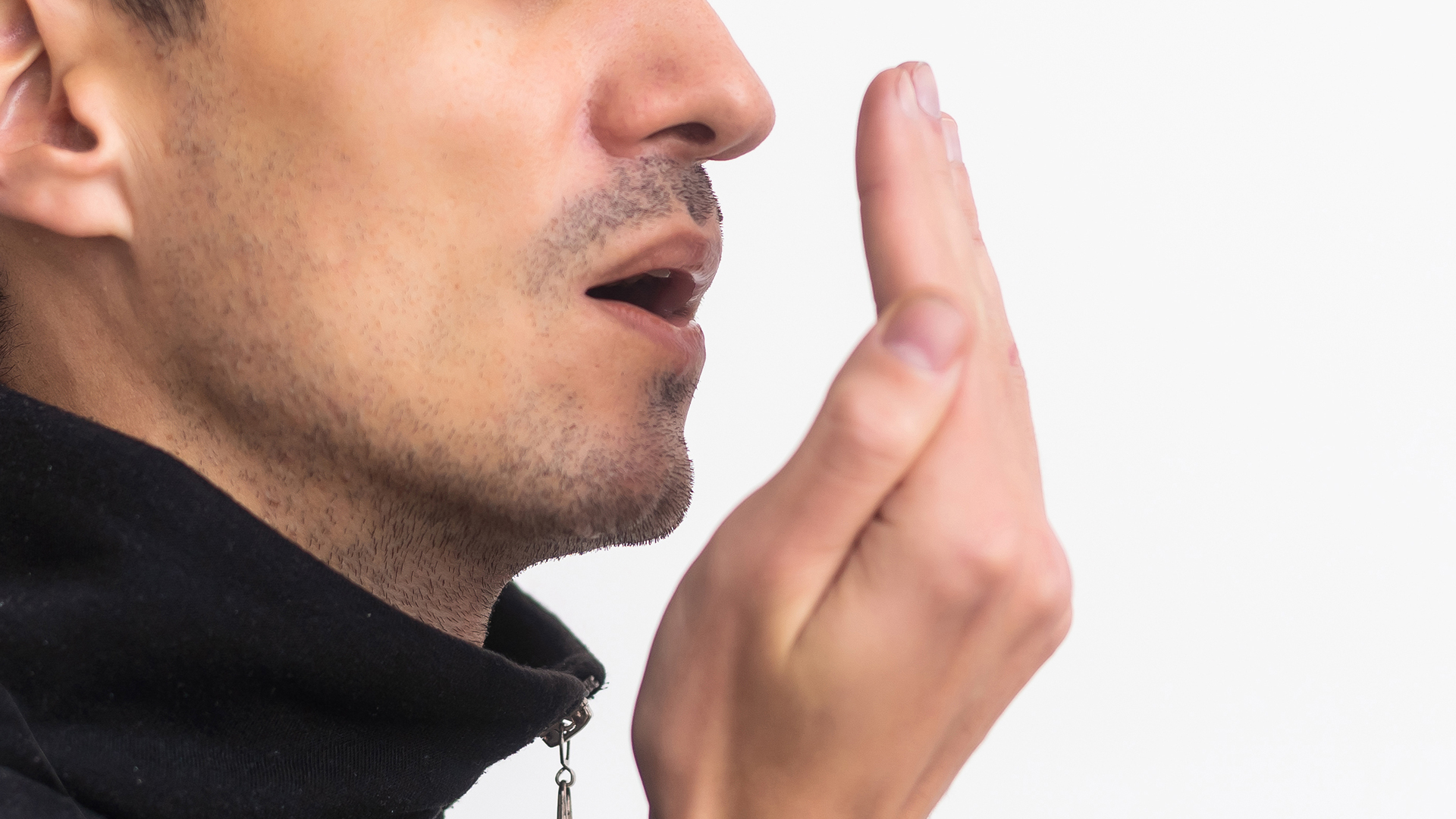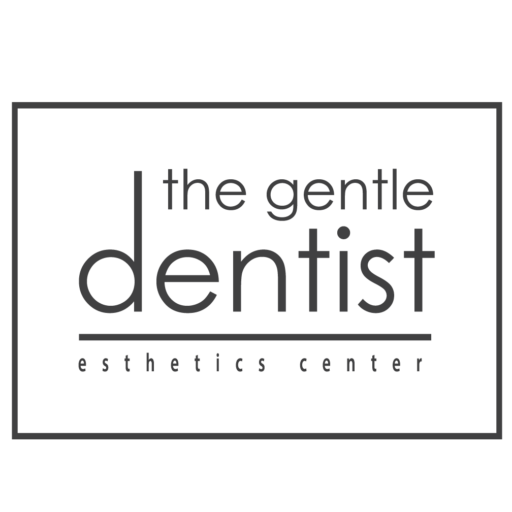
Bad breath
The prevalence of bad breath
Causes of bad breath
Other causes of bad breath or changes in breathing include:
Mouth and throat problems that can cause bad breath include:
Problems in other parts of the body that can cause bad breath include:
Treating bad breath
Oral care
Healthy lifestyle
Conclusion
Sources
Bad breath
Some people may suffer from health problems that do not cause pain or inconvenience to themselves but can be distressing and uncomfortable for those around them. One such problem is bad breath. While the person may not be aware of it, they can sense the discomfort and aversion from others in social situations and on various occasions. This is undoubtedly embarrassing and can cause significant psychological distress. Bad breath can be especially problematic when you are about to hug a loved one or want to whisper a joke to a friend.
Everyone experiences bad breath from time to time, particularly in the morning. Saliva helps cleanse the mouth and reduces or eliminates bad breath. When saliva production decreases, bacteria can grow, causing bad breath. During sleep, saliva flow practically stops, so brushing your teeth and rinse your mouth every morning is important.
What are the causes of bad breath?
Bad breath can be caused by various factors, one of the most significant being a lack of saliva. Here are several scenarios where reduced saliva flow leads to bad breath:
- Morning: During sleep, saliva production almost stops, reducing its cleansing action. resulting in bad breath due to bacterial growth
- Poor Oral Hygiene: Neglecting routine brushing and flossing allows harmful bacteria to accumulate around the teeth and in the plaque layer, causing bad breath, tooth decay, and gum disease.
- Hunger: Bad breath is more common in people who skip meals or diet. Chewing food stimulates saliva production. When you do not eat, saliva decreases, leading to increased bacterial growth and bad breath.
- Dehydration: When you are dehydrated, saliva production decreases, allowing bacteria to thrive and produce bad breath.
- Medical Conditions: Diseases affecting the salivary glands, such as Sjögren’s syndrome or scleroderma, can reduce saliva production and cause bad breath.
- Medications: Certain medications can reduce saliva flow, contributing to bad breath.
- Alcohol Consumption: Drinking alcoholic beverages can also reduce saliva production, leading to bad breath.
Ensuring proper hydration, maintaining good oral hygiene, and addressing medical conditions can help manage and prevent bad breath caused by reduced saliva production.
Other causes of bad breath or changes in breathing include:
- Eating Strong-Smelling Foods: Such as garlic, onions, or pastrami.
- Smoking and Tobacco Use: Including smoking cigarettes or using smokeless tobacco, such as moist tobacco or chewing tobacco.
- Bacterial and Plaque Accumulation: Caused by food particles remaining between the teeth or on dentures.
Mouth and throat problems that can cause bad breath include:
- Infections: Throat or mouth infections.
- Dental Issues: Such as cavities.
- Gum Disease (Gingivitis): This can produce a metallic odor in your breath.
- Tonsil Problems: Tonsils with deep crypts that trap food particles.
- Cancers: Throat or mouth cancers.
Problems in other parts of the body that can cause bad breath include:
- Nasal Issues: Such as sinusitis, nasal polyps, or foreign objects in the nose.
- Diabetes: Very high blood sugar can cause a strong odor on the breath.
- Digestive System Diseases: Including reflux (gastroesophageal reflux disease), bowel problems, or cancer.
- Human Immunodeficiency Virus (HIV) Infection.
- Liver Disease.
- Lung Issues: Such as infections or cancer.
The prevalence of bad breath
Bad breath, or halitosis, is a common issue affecting approximately 1 in 4 people worldwide. A comprehensive review of 13 studies published in a medical journal found that around 31.8% of the population experiences this condition.
Treating bad breath
Oral Care
- Gargle with Water: Rinse your mouth with water to remove food particles and freshen your breath.
- Floss Daily: Clean between your teeth with floss at least once a day to remove plaque and food particles that a toothbrush can’t reach.
- Use Mouthwash: For temporary relief from bad breath, swish mouthwash in your mouth for 30 seconds before spitting it out.
- Brush Regularly: Brush your teeth, tongue, mouth, and gums at least twice a day with toothpaste to maintain oral hygiene.
- Clean Dental Appliances: Remove and clean dentures, removable bridges, partial plates, or orthodontic appliances once daily or as directed by your dentist. Food particles and germs can accumulate on these devices and cause bad breath.
Healthy Lifestyle
- Avoid Tobacco: Do not smoke or use other tobacco products, such as snuff or chewing tobacco, as they can harm your oral health.
- Watch Your Diet: Avoid foods and drinks that cause bad breath, such as garlic and onions.
- Stay Hydrated: Chew sugar-free gum, suck on sugar-free mints, or drink water, especially if your mouth is dry.
- Regular Dental Visits: Visit the dental clinic for regular examinations and teeth cleanings. While it is common to see the dentist every six months, some individuals may require more frequent visits to maintain their oral health.
Conclusion
Avoiding the embarrassment and social harm caused by conditions like bad breath is always preferable, especially when the treatment is simple and requires minimal time and effort. Maintaining good oral hygiene and treating issues like gum infections can prevent bad breath and ensure that we don’t alienate those around us, such as relatives or co-workers. This can also prevent the negative judgments that bad breath can provoke, which may affect both personal and professional life. Taking these simple steps can significantly improve social interactions and overall well-being.
See also: What is dental calculus cleaning?
Follow us on Instagram The Gentle Dentist
Sources
- https://www.mayoclinic.org/diseases-conditions/bad-breath/symptoms-causes/syc-20350922
- https://www.nhs.uk/conditions/bad-breath/
- https://www.webmd.com/oral-health/bad-breath
- https://my.clevelandclinic.org/health/diseases/17771-bad-breath-halitosis
- Myth or Fact? Everything You Need to Know About Teeth Whitening at Home
- Dental Implants: The Perfect Solution for Tooth Loss and Restoring Self-Confidence
- Secrets of a Healthy Mouth: Daily Habits That Protect Your Teeth from Cavities
- Thumb sucking in children and its effect on dental health.
- Benefits of regular teeth cleaning

